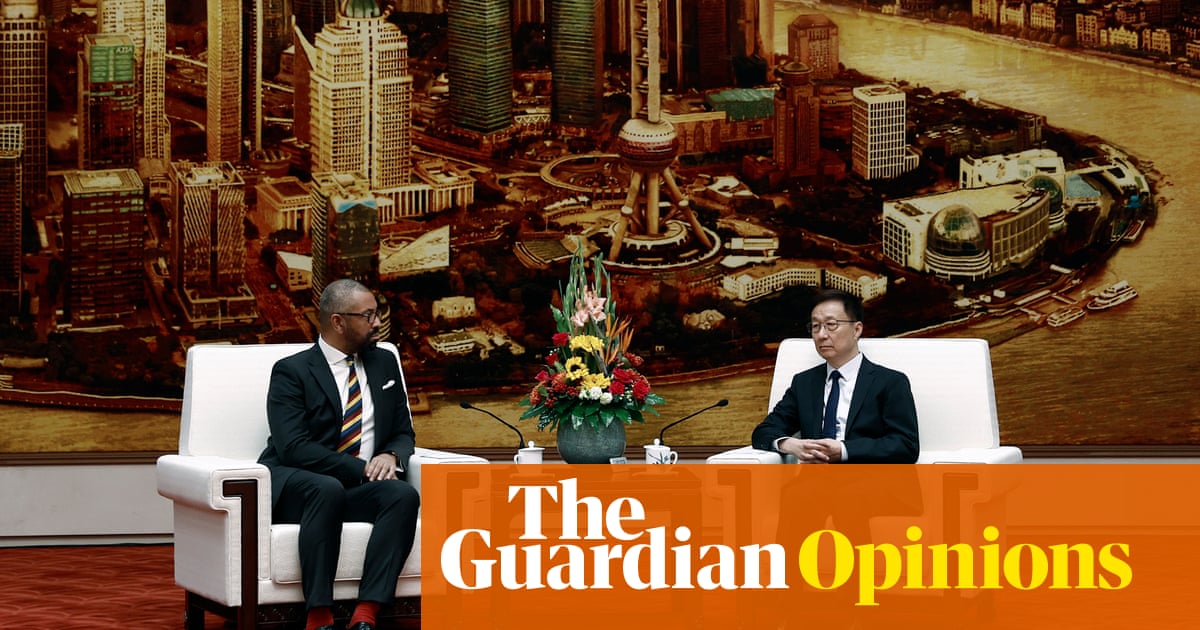
In May’s elections for the European Parliament, Euroskeptic parties made some gains. Many of these parties recently shifted from calling for an end to the EU to calling for reforms, though their reform plans tend to be vague. EU supporters fear that these parties will try to gut or paralyze the organization.
Euroskeptics frequently ignore the fundamental reason for why the EU exists: To prevent thousands or even millions of Europeans dying in wars every generation or so. It exists to ensure peace in Europe. Trade, prosperity, economic integration, a common currency and free movement are tools toward that end, not the end itself.
Perhaps Europe is now too far removed from a living history of the horrors of war, and so it becomes easy to forget that European countries traded a limited amount of sovereignty in exchange for peace. The value of peace in that trade-off has perhaps become less clear.
For generations, Europeans endured frequent warfare. There were far too many smaller wars and civil wars to list here, but a brief review of some of the continent’s major wars makes it clear why modern peace in Europe is a major accomplishment. The Thirty Years’ War from 1618 to 1648 was one of the most brutal in history, devastating much of Central Europe and killing many millions of people. The Seven Years’ War from 1756 to 1763 involved all the great powers of Europe. In the wake of the bloody French Revolution and several related wars came the large-scale Napoleonic Wars of 1803 to 1815. The 1860s and 1870s saw several wars between Prussia and other countries. The First World War, from 1914 to 1918, was a devastating conflict, with 20 million soldiers and civilians killed and millions more injured. The next generation fought the Second World War, from 1939 to 1945, which became the world’s deadliest conflict — the total number of deaths of soldiers and civilians is unknown but is estimated to be between 60 million and 85 million.
The two world wars also highlighted a reality from some earlier wars: Wars between European powers often had consequences far beyond the continent, dragging in the US, countries bordering Europe, and many other parts of the world through colonialism. Therefore, the entire world has a stake in peace in Europe.
The European Coal and Steel Community, the predecessor to the EU, was created in 1951 with the explicit purpose of ensuring peace. Six countries — notably France and West Germany — voluntarily gave up control of their coal and steel resources to a supranational body. Countries with a history of repeated brutal warfare agreed to surrender control of the resources that were most critical to their economic development and ability to manufacture weapons for the purpose of pursuing peace.
Over the following decades, new institutions evolved into what is today the EU. The 1957 Treaty of Rome created the European Economic Community. In the 1960s and 1970s, the European institutions evolved and more countries joined. The Schengen Agreement began allowing free movement between member states in 1995, with most EU states eventually participating. The Treaty of Maastricht, which entered into force in 1993, created the EU and began the process of creating the euro currency, which came into use as a legal tender in many EU countries in 2002. Throughout this time, the union grew its membership, notably with the major expansion of 2004 that brought in many Eastern European states.
Many of the criticisms of the EU are based on questions of identity, which will not be resolved by a few reforms.
Kerry Boyd Anderson
There are valid critiques of the EU, including that certain EU powers are too expansive. There are interesting arguments that the expansion of the EU to the east went too far. The EU feels too bureaucratic and far removed for many Europeans, suggesting at least a lack of effective communication. Others argue that the EU’s problem is that integration has not gone far enough; for example, while monetary policy for the euro occurs at the regional level, fiscal policy is still mostly conducted at the national level, and that division hampers economic policy-making. There are thoughtful arguments for reforming the EU.
However, many of the criticisms of the EU are based more on questions of identity, which will not be resolved by a few reforms. Also, national politicians who used the EU as a convenient scapegoat have done significant damage.
There is a tendency to focus on the EU’s problems while ignoring the many benefits it has brought to Europeans, including an impressive amount of prosperity and many personal opportunities, as well as peace. “Sadly, I think most Europeans nowadays take the EU for granted. We’ve had it for so long that we’ve forgotten why it was set up in the first place. Instead, the daily discourse is about MEPs’ pay, unclear directives, over-regulation and Brussels impeding on national sovereignty. Or about Brexit, bailouts and the migrant crisis,” said Sim Sim Wissgott, a journalist previously based in Vienna.
The EU, along with other postwar institutions such as the UN, has preserved peace within its borders — a historic accomplishment. The EU has brought prosperity to Europe. It has strengthened Europe’s negotiating position in a changing world, defending European interests in a way that no European country could do on its own. The Euroskeptics who want to destroy or paralyze the EU should be required to explain how they propose to overcome Europe’s history of regular war without a strong union.












